Education is the heritage of the language, literature, and culture of a country. Education is the medium of all-round development of human beings. Country, Society, and World can be raised with the help of developed human beings. Education is the source of light and multifarious aspects of life are enlightened by education. Education is a compass box for society. But it is incomplete without philosophy, meditation, or contemplation because Philosophy is the theoretical aspect of education. Even an individual cannot do any work without conscience and deep thinking so how education can be useful without Philosophy or theory.
When we are interested to reply to the question- what is the nature of education? Why should education be imparted? What is the need for education? What is the relationship between education and philosophy? What is the impact of philosophical thoughts on education? How to theorize or philosophize the educational practices? Then the study of the philosophy of education and its theories are essential. These questions reveal that philosophy and education are inseparably united and philosophical thoughts are essential for education. Here it is tried to reveal the utility of philosophical thoughts with the help of comparative study of two thoughts.
The thinker, philosopher, and educationist are improving the whole social environment with the help of Education. Education is a lifelong process. Among these thinkers, philosophers, and educationists, R.N. Tagore and J.J. Rousseau are pioneers and pearless, because their theories are innovative and useful according to era.
With the help of this work, we can come to know about the comparative study of western thought of Education and Indian Philosophy of Education because J.J. Rousseau and R. N. Tagore were the arch precursor. Both were naturalists but one was a political thinker and naturalist i.e. strictly supporter of nature and the other was a humanist and naturalist. Chapter first deals with the relation between philosophy and education and nature, function, and theories of Philosophy of Education. Chapter second is an evaluation of Tagore’s thought of Education and the next is the detailed study of the thought of Rousseau. Chapter fourth is the illustration of the comparative study of both the thinkers and the last is an epitome in brief.
I am very thankful to Prof. N. P. Bhokta, Department of Education, D. D. U. Gorakhpur University, Gorakhpur and my respected teachers and colleagues for their persuasion for this work. I always feel blessing and inspiration of my parents now in Heaven and my father-in-law, Mr. P.C. Tiwari. I am highly obliged to my wife Mrs. Mamta Pandey, sons Ayush and Malay, brothers, sisters, and relatives for their encouragement and fruitful suggestions. The act of publishers and the skillful team of IIP is unforgettable

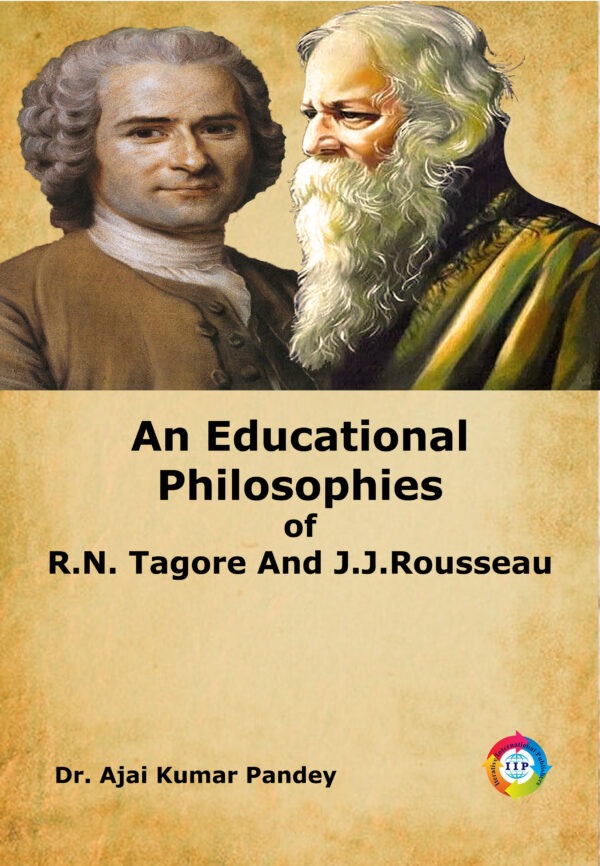
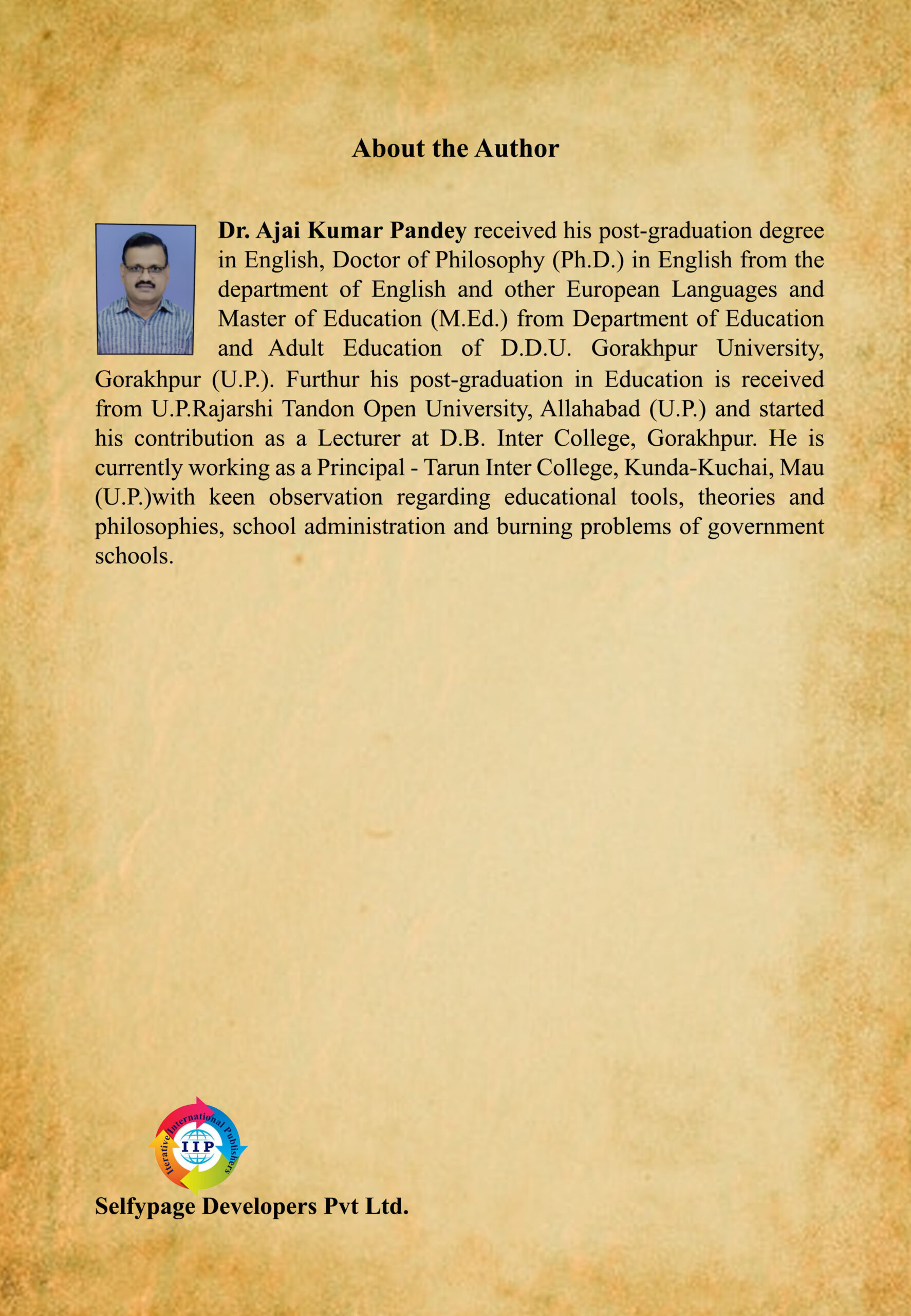


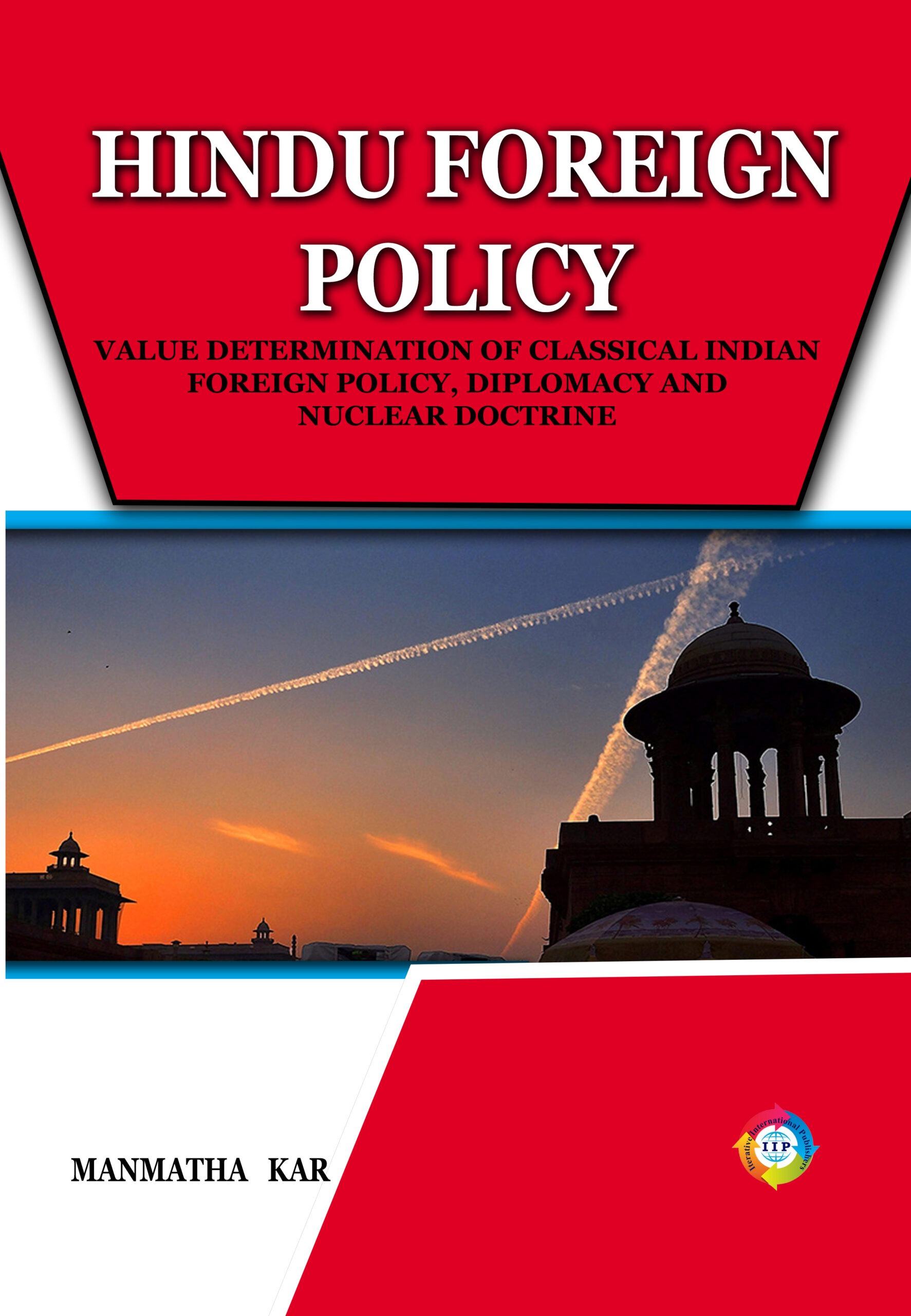
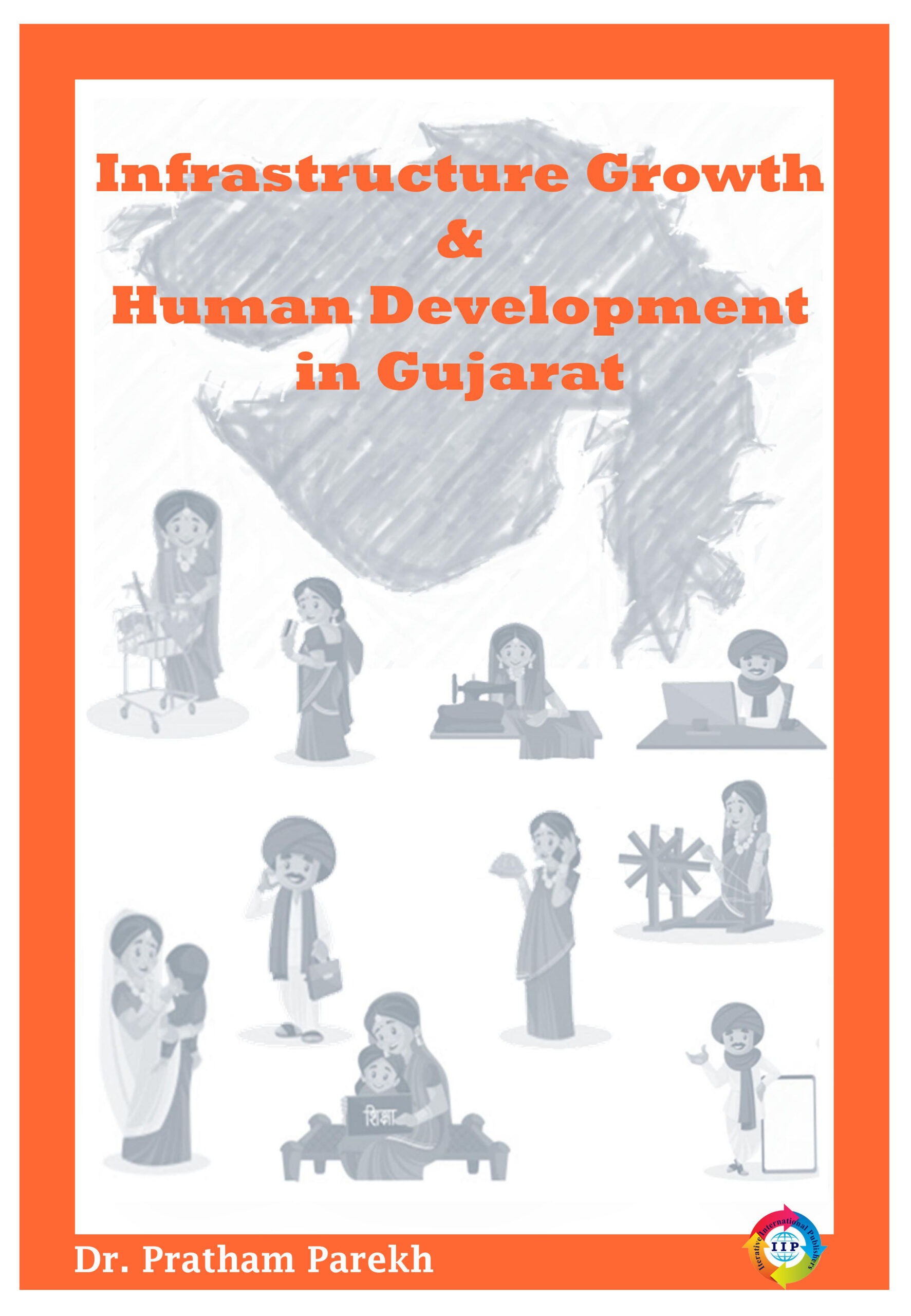
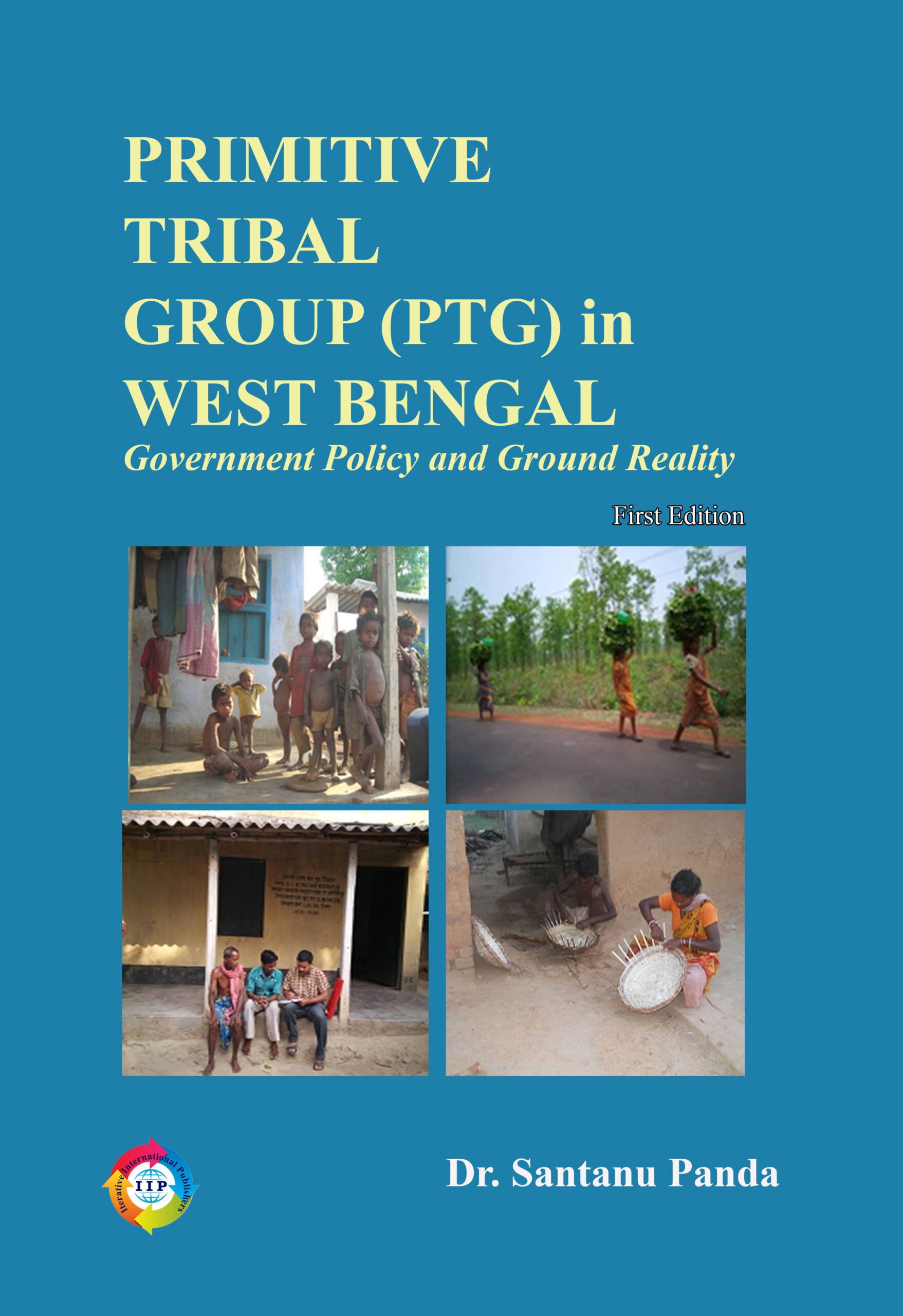
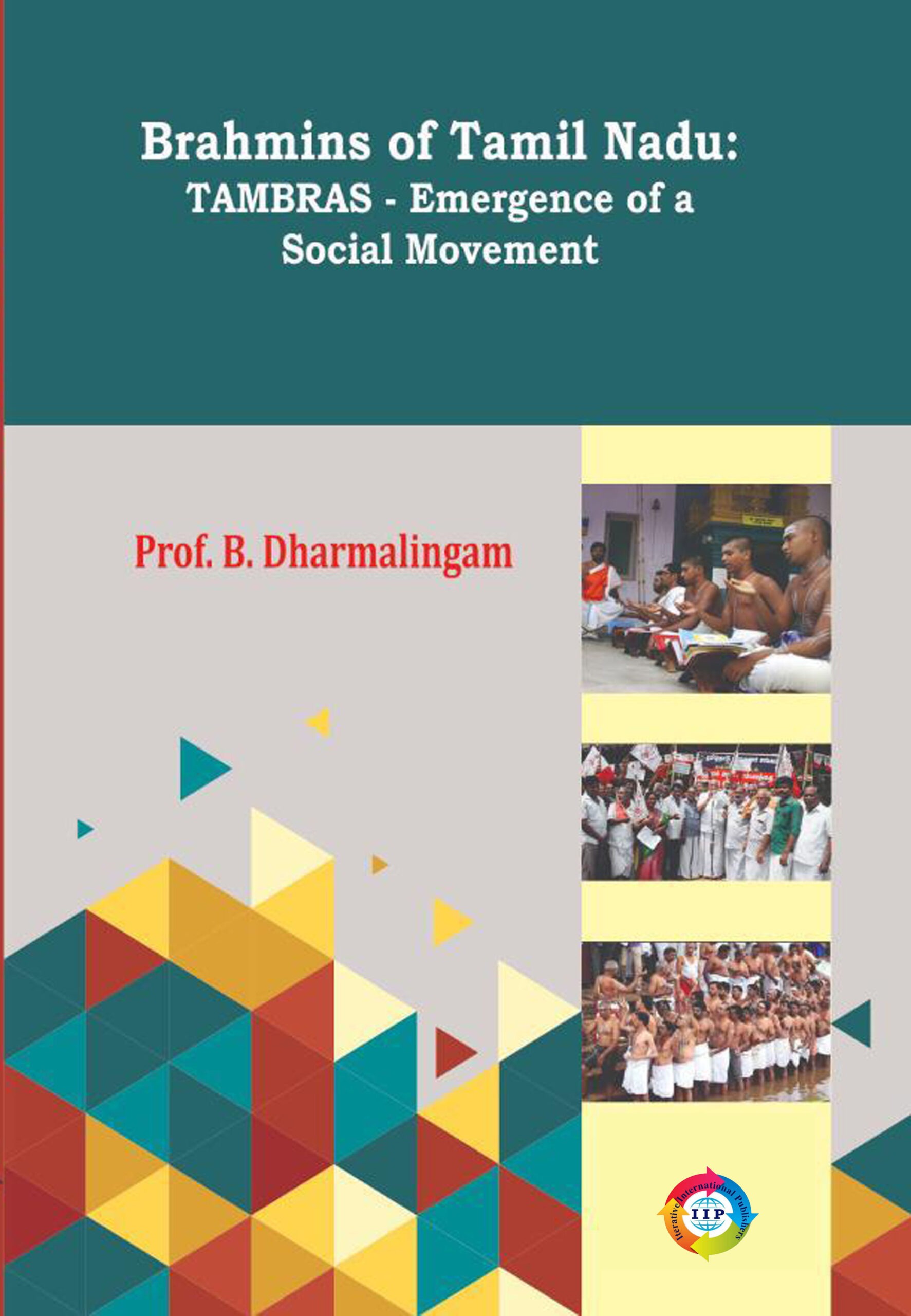
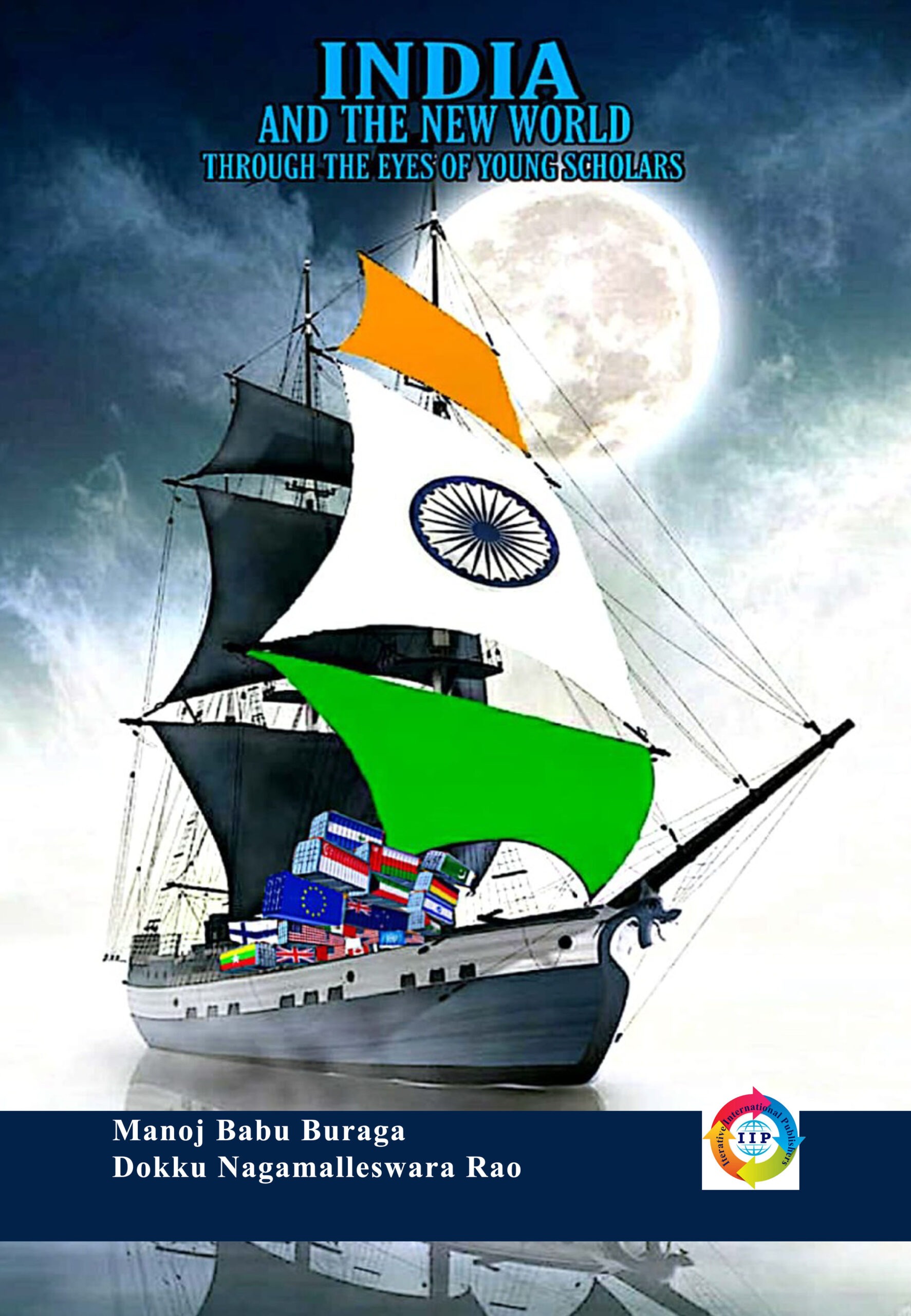
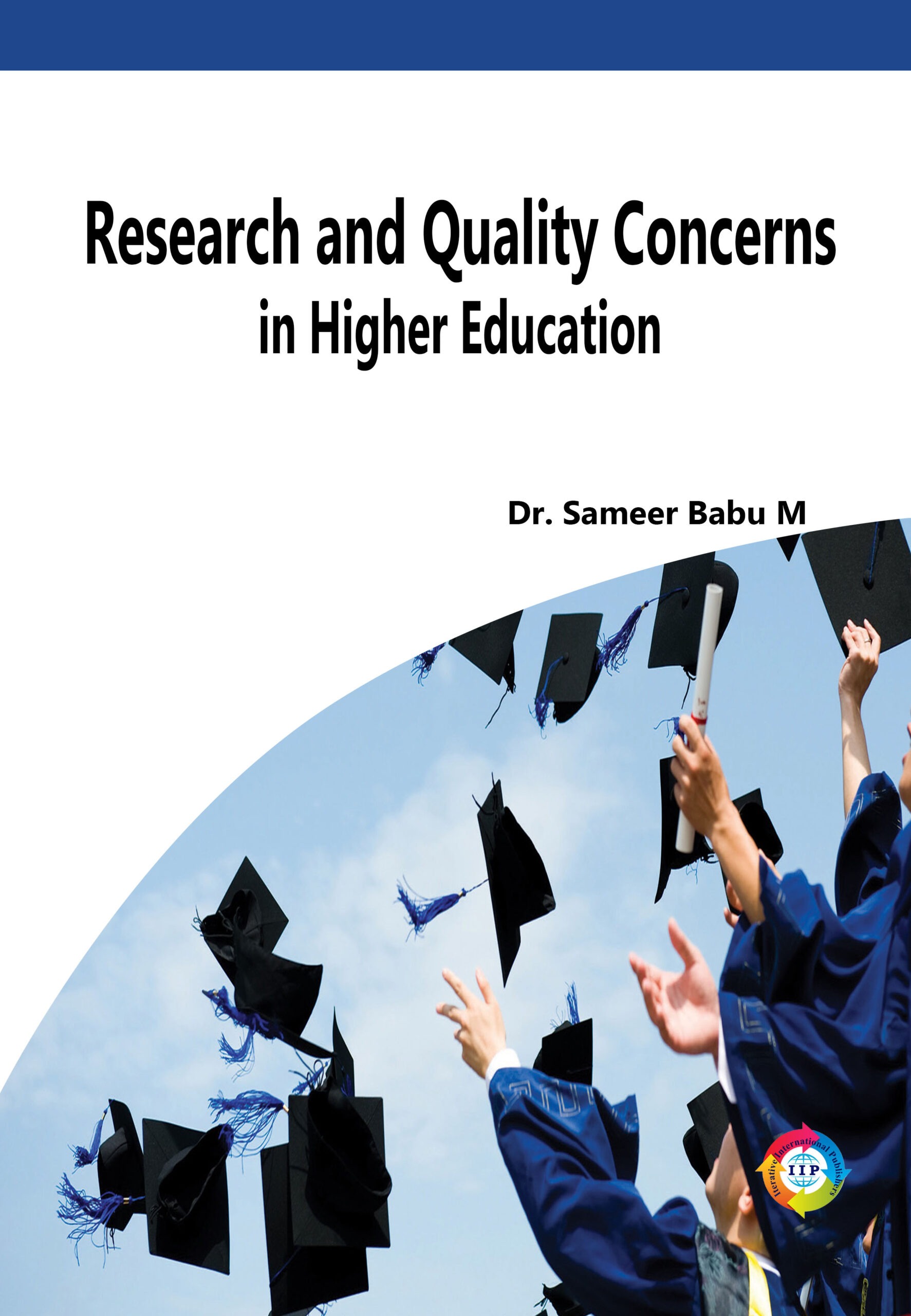
Reviews
There are no reviews yet.